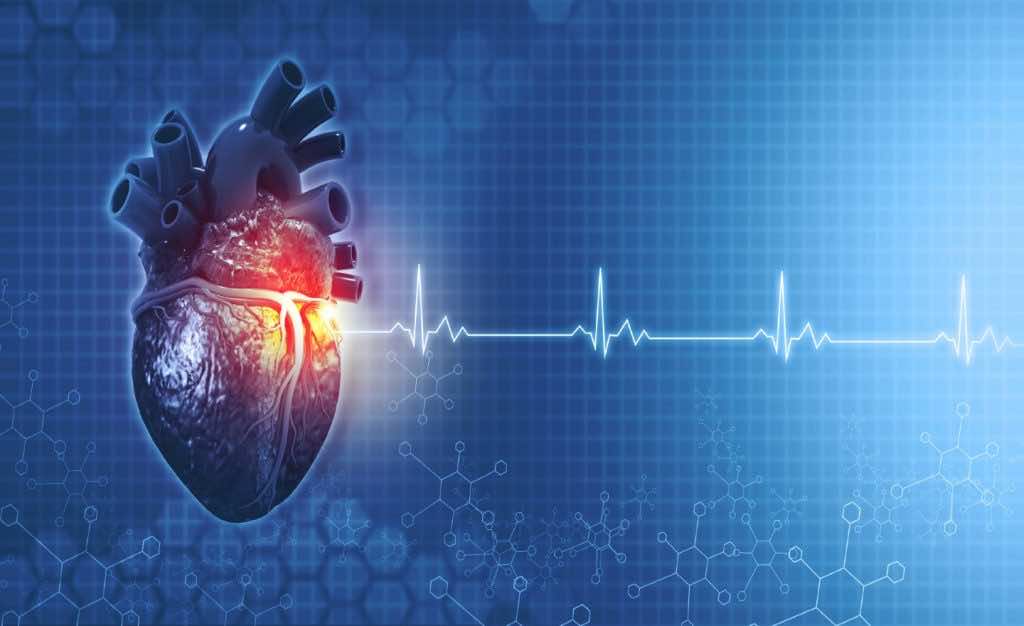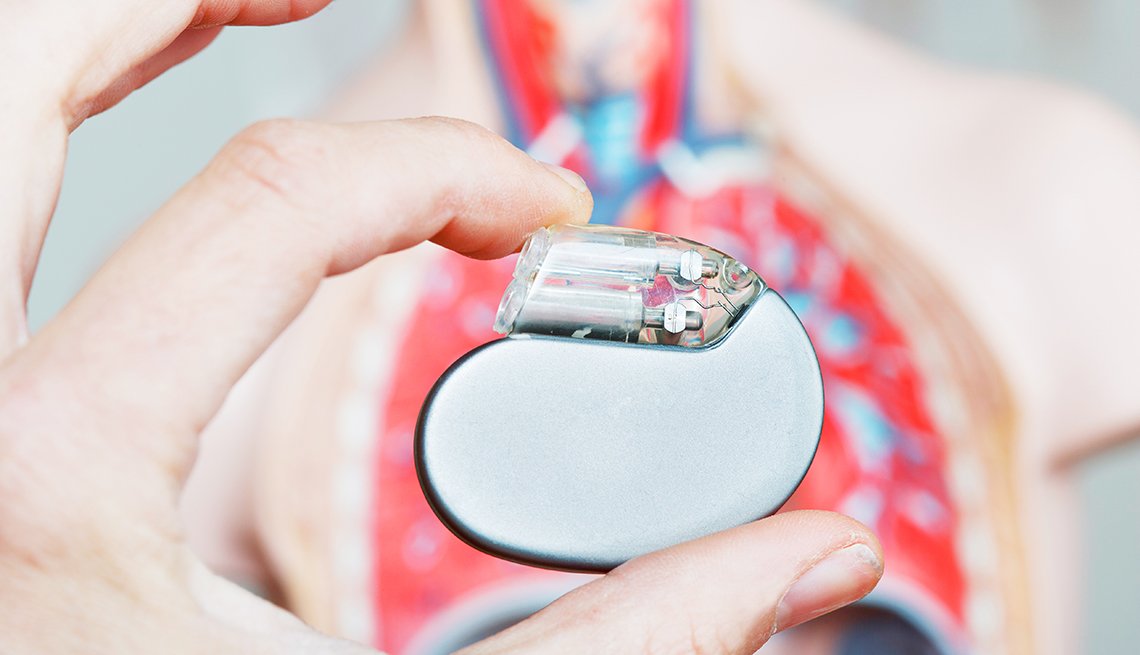A pacemaker is a small cardiovascular implantable electronic device (CIEDs) that works to correct a heart that beats irregularly, which can be at a very slow (bradycardia) or fast (tachycardia) pace. Through a surgical procedure, this medical apparatus is implanted in the chest to help manage the heart. Aside from controlling irregular heartbeats, other conditions that affect the heart may also be treated by pacemakers. Read more about this device in this article to see whether you or a family member may need one.
Table of Contents
Heart Check
The heart is one of the most vital organs in the body. This fist-sized muscle works to pump blood that distributes oxygen and nutrients to the other parts of the body in order for them to do their jobs well. A normal heart belonging to an adult does 60 to 100 beats per minute. Sadly not all hearts are normal. Some hearts develop certain conditions that render them weak, causing their beat to become irregular. A malfunctioning heart can prove to be fatal for an individual.
How Does A Pacemaker Keep The Heart In Check?
A pacemaker only does its work when the heart needs its support. For example, when the rhythm of the heartbeat becomes too slow, a pacemaker jumps into action by releasing electrical signals that regulate the beat. Pacemakers are made up of two parts: the pulse generator and leads.
The pulse generator houses the electronics that deliver the electrical signals, as well as the pacemaker’s battery. The leads, which contain the pacemaker’s electrodes, are thin wires that serve as conductors that allow the electrical signals coming from the pulse generator to reach the heart. Some pacemakers that are more advanced in technology no longer require leads. A leadless pacemaker is implanted into the heart directly to manage slow heartbeat.
There are several types of pacemakers. Each type is used to address a particular heart condition.
- Biventricular chamber pacemaker
- Dual chamber pacemaker
- Single chamber pacemaker
A biventricular chamber pacemaker, otherwise known as a bivent, is a pacemaker that is used by people who have problems with their heartbeat and have also suffered from heart failure. This kind of device aids the heart to beat normally by stimulating the lower left and right ventricles.
A dual chamber pacemaker manages the proper contractions of the two chambers of the heart by delivering electrical impulses to the heart’s ventricle and atrium that are both situated in the right side.

A single chamber pacemaker delivers the electrical signals to either the right ventricle or right atrium of the heart.
Why Is There A Need For People To Get Pacemakers?
Not everyone will need a pacemaker. This device is often prescribed to people who fall under any of the following criteria:
- You have an abnormally low heart rate (bradycardia)
- You have an abnormally high heart rate (tachycardia)
- You have congenital heart disease
- You have experienced a heart attack
- You have had a heart transplant
- You have undergone a heart surgery
- You are taking cardiovascular medications that cause slower heart rate
- You are diagnosed with sick sinus syndrome, which causes the heart rhythm to be irregular
- You are diagnosed with other health conditions, such as cardiomyopathy, hypothyroidism, myocarditis, pericarditis, sarcoidosis, or systemic sclerosis.
Some factors that may cause the heart to fail or develop arrhythmia, requiring the use of a pacemaker are:
- Fatigue
- Lightheadedness
- Loss of consciousness
- Pain or tightness felt in the chest
- Palpitations of the heart
- Shortness of breath
Are Pacemakers Permanent?
Pacemakers may or may not be permanent. There are some heart conditions that only require the use of a pacemaker for a short period of time. An example is when you are recovering from a heart surgery.
Are There Risks Involved When Using A Pacemaker?
Risks may occur during surgery or after, but these instances are not common. Some factors to look out for are:
- Adverse reaction to anaesthesia during the surgery
- Bleeding
- Blood clots (thromboembolism) located near the site where the pacemaker is implanted
- Blood found in the cavity between the wall of the chest and lung (hemothorax)
- Blood vessels that are damaged which are in close proximity to the pacemaker
- Cardiac perforation as caused by the shifting of leads or device
- Displaced leads that can cause a punctured heart
- Growth of scar tissue surrounding the pacemaker
- Infection close to the implant location
- Lungs that have collapsed (pneumothorax)
- Pacemaker malfunction (e.g. battery dies, damaged pacemaker due to a strong magnetic field, programming error)
- Nerves that are damaged which are in close proximity to the pacemaker
- Retention of fluid around the heart
If any of these occur, it is imperative that you consult with your doctor immediately as this can make your condition worse.
Are There Any Precautions To Follow When You Have A Pacemaker?
Old pacemakers are more delicate, especially around other electrical and magnetic devices, as compared to the latest models manufactured in recent years. However, this does not guarantee that the more advanced pacemakers are not fail-safe. To be sure, remember to:
- Avoid wearing a smartwatch
- Distance yourself at least six inches or half a foot away from things or machines that have or use magnets
- Hold or use a mobile phone opposite to the side where your pacemaker is placed
- Keep headphones away from your chest area
- Veer away from anti-theft systems, metal detectors, electrical fences and transformers, or portable battery chargers for cars
Medical procedures, such as CT and MRI scans, electrolysis, radiation therapy, radio frequency procedures, and others can also affect the functionality of your pacemakers. Before getting any medical procedure done, do not forget to mention to your doctor that you have a pacemaker or show them your pacemaker ID card to ensure your safety.
Conclusion
A pacemaker can greatly improve the quality of life of people who have heart conditions that affect the rhythm of their heartbeat. This device can hinder your heart condition to worsen. Get a thorough consultation with a cardiologist to know whether you are a qualified candidate for a pacemaker device.
Cadence Heart Centre – Dr Devinder Singh
Mt Elizabeth Hospital, 3 Mount Elizabeth #14-13
Mt Elizabeth Medical Centre, Singapore 228510
(65) 8318 9884
(65) 6369 8789
(65) 6369 2789




